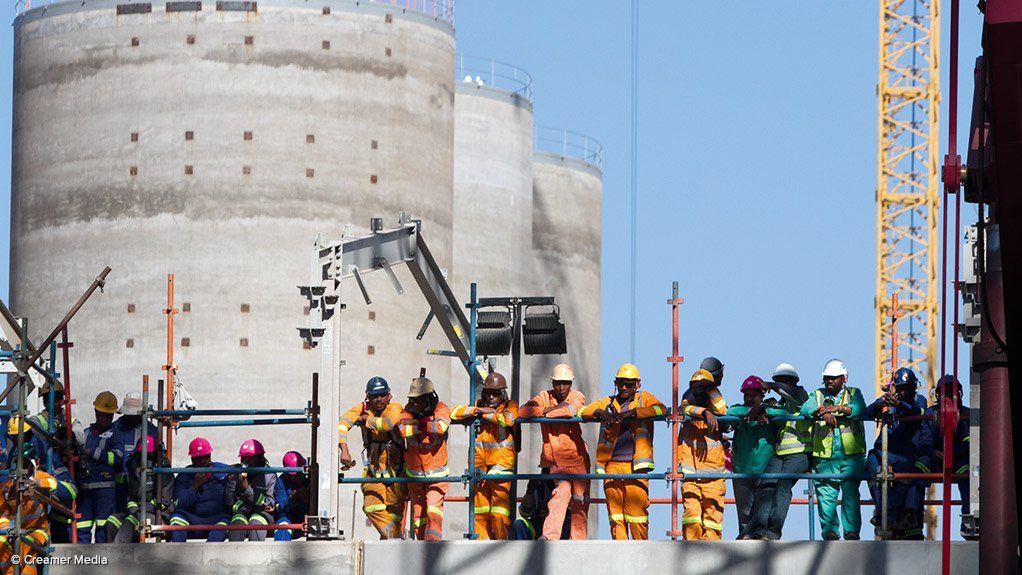/ MEDIA STATEMENT / The content on this page is not written by Polity.org.za, but is supplied by third parties. This content does not constitute news reporting by Polity.org.za.
The majority of workers in South Africa, or 75 percent of those surveyed, want a pay increase from their employers according to the country findings of the annual International Trade Union Confederation (ITUC) Global Poll for 2017 that has been released today ahead of the G20 Labour Ministers meeting on Thursday.
Federation of Unions of South Africa (FEDUSA) General Secretary Dennis George says many workers in South Africa find themselves trapped in poorly paid, insecure and dead-end jobs.
“In the third quarter of 2008, half of all employed people earned less than R2500 a month and over a third earned under R1000 a month, according to Statistics South Africa. The informal sector, agriculture and domestic work contributed a third of all employment, but two thirds of working people in those sectors are earning less than R1000 a month. In addition, one in five African women is employed as a domestic worker,” says George.
The ITUC says what the world needs is a pay rise to reverse decades of wage theft and to create growth. Inaction not only denies social justice to the world’s working people, but the growing despair threatens peace, democracy and security for everyone.
“Previous G20 commitments to invest in jobs, reduce the disparity between productivity and labour income share, increase participation of women and young people in the workforce and formalise informal work and ensure rights in global supply chains need to be put in place,” says ITUC General Secretary Sharan Burrow.
The poll was conducted in March in Argentina, Belgium, Brazil, Canada, China, Denmark, France, Germany, Guatemala, India, Japan, Russia, South Arica, South Korea, the United Kingdom and the United States on behalf of ITUC by global market research company Kantar Public.
Kantar Public interviewed 1000 people online in each one of these countries except Guatemala were 500 people were interviewed, yielding a total of 15 728 respondents representing 3.9 billion people or 53 percent of the world population according to the United Nations.
The poll shows also shows that 92 percent of workers in South Africa are worried about losing their jobs, while 90 percent believe that the proposed National Minimum Wage of R3 500 a month is not high enough and 73 percent of all South Africans think that the economy is not doing well at present.
“Too many governments have compromised people’s prosperity in the face of corporate greed with low wages and insecure work. The rules of the global economy have been distorted to put the interests of the richest 1% and corporations ahead of working people, and this power imbalance is driving mistrust in governments,” says Burrow.
In addition, the results of the poll show that more than seven out of ten people in the world or 71 percent, believe that working people do not have enough influence on how the rules of the global economy are set while 80 percent of them say the economic system favours the wealthy rather than being fair to most people in their countries.
“In the case of South Africa, the situation is worse for young people, largely because too few jobs are being created to absorb the large numbers of new entrants to the labour market. In the first quarter of 2010, the unemployment rate for young people aged 16 to 30 was 40%, compared to 16% for those aged 30 to 65,” says George. “The share of wages in the national income dropped from 50% in 1994 to just over 45% in 2009, while the share of profits climbed from 40% to 45%”.
Issued by FEDUSA
EMAIL THIS ARTICLE SAVE THIS ARTICLE ARTICLE ENQUIRY
To subscribe email subscriptions@creamermedia.co.za or click here
To advertise email advertising@creamermedia.co.za or click here











